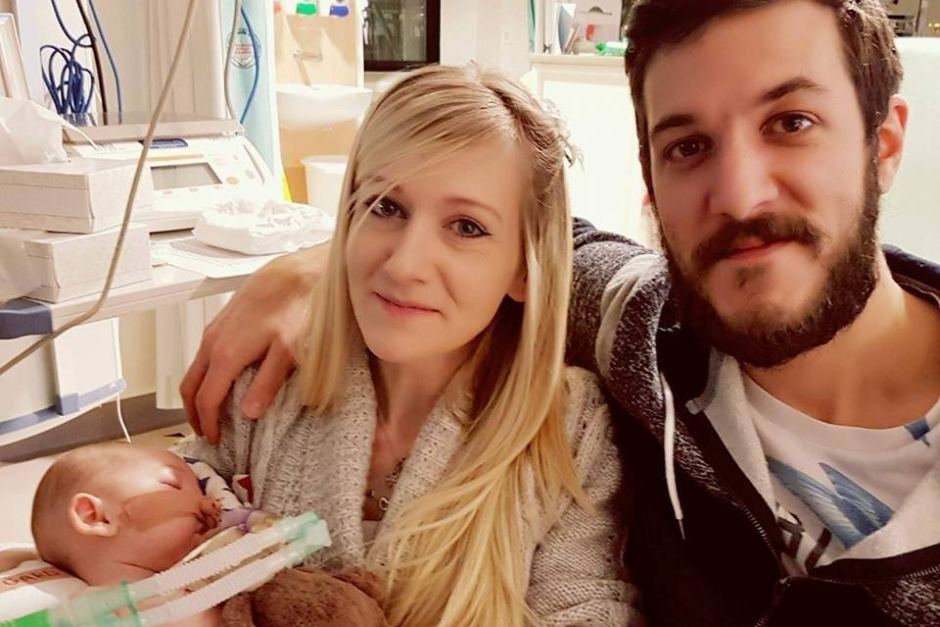Media release
From:
Mitochondrial donation, so-called 'three person IVF', is a ground-breaking technique that could potentially prevent babies being born with incurable and life-threatening mitochondrial diseases, which starve major organs of the energy needed to function. Mitochondria, the energy powerhouses of cells, have their own small amount of DNA and mutations in this DNA are passed on by mothers through the egg.
Mitochondrial donation involves taking an affected mother's egg and extracting the nucleus, leaving the faulty mitochondria behind. The nucleus is then placed into a donor egg with healthy mitochondria which has had its own nucleus removed. Once the egg is fertilised via IVF, the embryo technically contains the genetic material from three different people, although more than 99 per cent of it come from the parents.
On Tuesday the Australian Senate Community Affairs References Committee is expected to report on the value and impact of introducing mitochondrial donation in Australia.
This briefing will bring together leading experts on mitochondrial donation to answer your questions in advance of the report's release.
The briefing discussed:
- What is mitochondrial donation? How does it work?
- What is the status of these techniques around the world and what does it mean for Australian families?
- What next if the senate committee recommends the technique be allowed here?
Speakers:
- Professor Carolyn Sue is Professor and Director of Mitochondrial Research at Royal North Shore Hospital, Kolling Institute, University of Sydney. She is also Founding Director of the Australian Mitochondrial Disease Foundation and co Chair of its Scientific & Medical Advisory Committee.
- Professor David Thorburn leads the Mitochondrial Research Group at the Murdoch Children’s Research Institute and is Chair of the Scientific & Medical Advisory Committee of the Australian Mitochondrial Disease Foundation
- Dr Ainsley Newson is Associate Professor of Bioethics and Deputy Director, Sydney Health Ethics at The University of Sydney.
Date: Mon 18 June 2018
Start time: 10:00am AEST
Duration: 30 min
Venue: Online
Recording now available via the links table below.



 Australia; NSW; VIC
Australia; NSW; VIC



